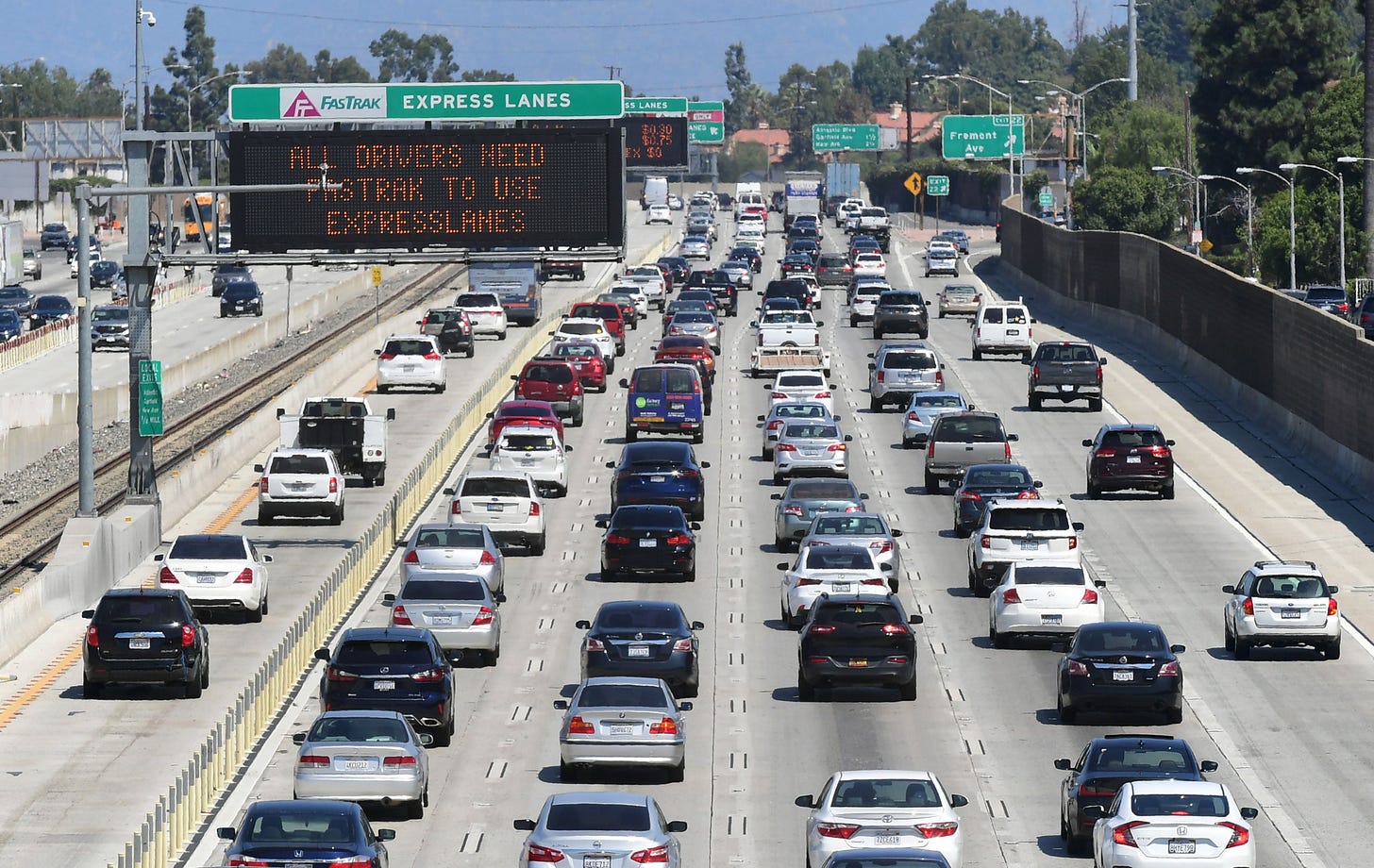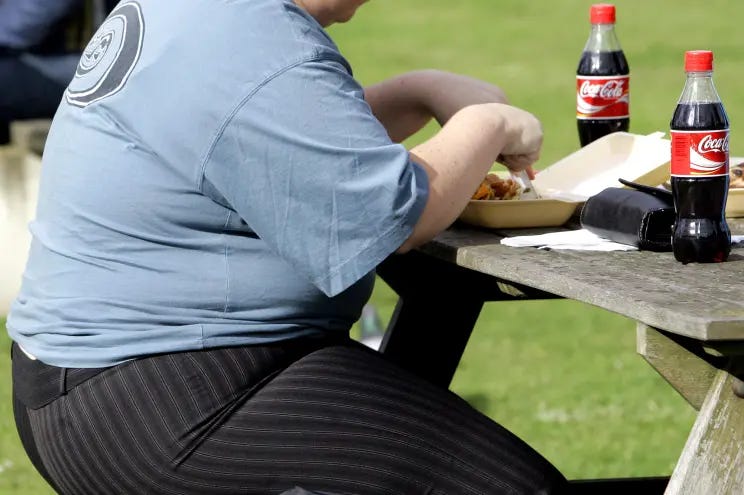Let Them Eat Government-Subsidized High Fructose Corn Syrup
Today's economic system will rob you and kill you if you're not paying attention.

I ran across a headline last week that read, “Research finds that renting ages you faster than smoking, obesity.” And then this morning, I saw a headline that read, “Massive Study Finds a Link Between Commuting And Poor Mental Health.” The latter headline was not a revelation to me, as I’ve long known that commuting is the most dreaded part of many people’s days and linked to poor mental health and decreased socializing. This particular article was about recent research from South Korea that found that those “who commute longer than an hour are 16 percent more likely to experience depressive symptoms than those with shorter commutes under 30 minutes.” The average South Korean round trip commute is 47 minutes, making it a decent comparison to US, whose average round trip commute is 55 minutes, according to the Census. The research by University of Adelaide and University of Essex relating to the former headline, however, was new to me. I know empirically how stressful renting can be, but never thought to quantify it, nor would have imagined its negative health impacts could be comparable to smoking and obesity.
Regular readers of mine will likely have inferred that I am not (nor ever was) on the COVID-hysteria bandwagon. It’s not that I don’t believe there is a COVID-19 virus. I’ve had the bugger and know it’s a thing. My problem was and is the inauthenticity of policymakers, media, and corporate entities claiming that mainstream remedial measures —vaccines, masking, isolation, boosters, etc .—were imposed in the name of promoting collective health. If health was the true objective, there are dozens of higher priority health crises than COVID, most of which, if treated, would (or would have) dramatically reduce COVID’s impact. Examples include heart disease (695,000 US deaths per year), obesity (300,000, overlapping with other conditions), diabetes (103,000), traffic fatalities (42,000), alcohol (140,000), cigarettes (480,000), and hard drugs (109,000). Because these conditions are linked to highly regulated and subsidized products (food, drugs, cars, etc.), there are many things the government could do reduce their harms, but they don’t.

Of course, it’s a lot easier to sell health in a syringe than it is to change an economic system that is structured around and profits from shitty health and preventable death. Referring back to the headlines, many people in today’s economic system cannot purchase a home, much less one close to their work that’ll obviate commuting. These people have few options other than doing things that compromise their health. Whether intentional or not, the system is killing these people. This same system subsidizes the sugary, low-nutrition industrial foodstuff that are making people fat. It’s the system that relies on polluting cars and the sedentary behavior they promote. It’s the system that profits from taxes on cigarettes and alcohol rather than eliminating them. For those of us trapped in this system, it’s critical to keep mindful of its homicidal tendencies.
Song of the day:

